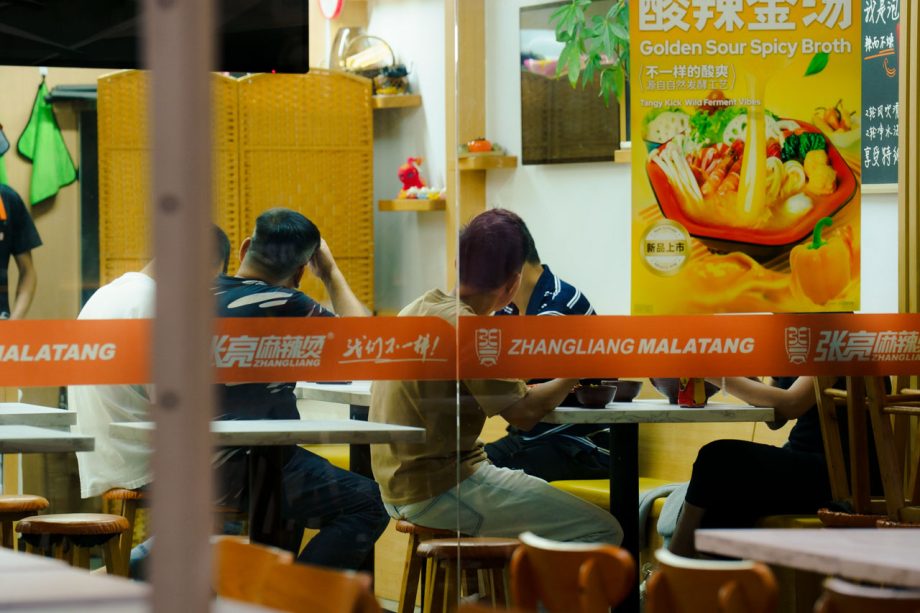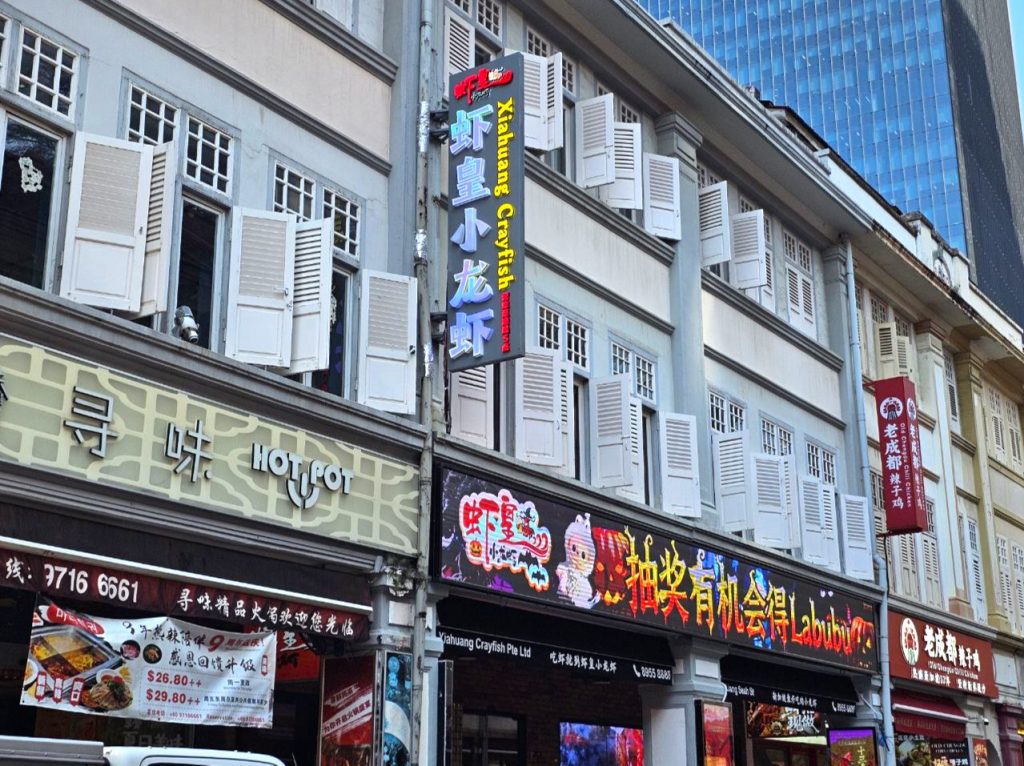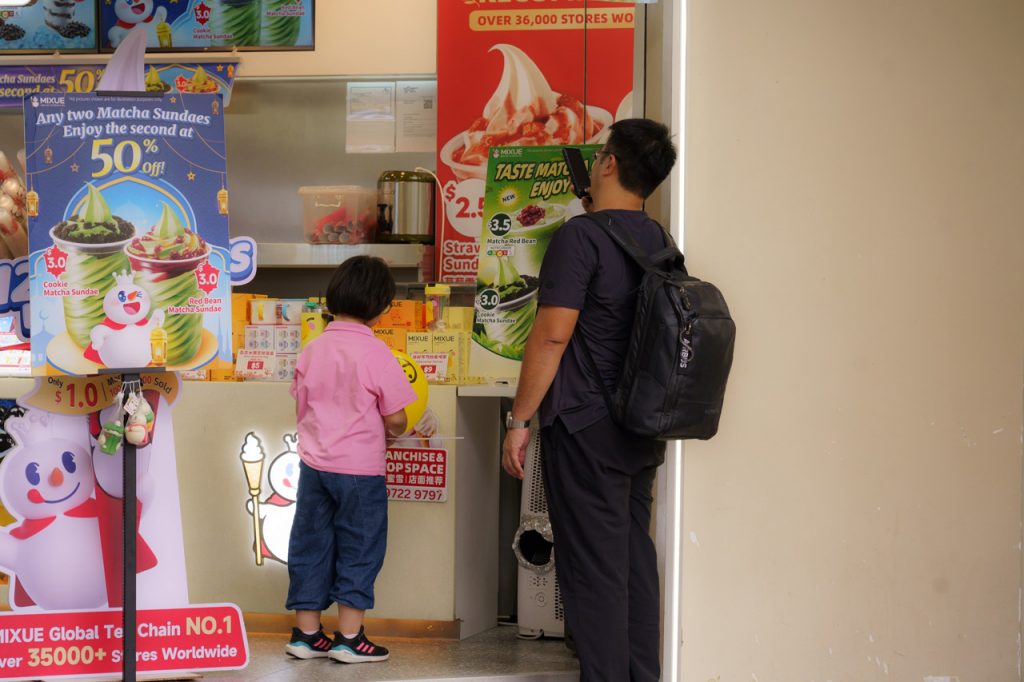Top image: Isaiah Chua / RICE file photo
In the past few years, Singapore has seen a mushrooming of Chinese-owned businesses—restaurants and retail outlets that seem to appear overnight.
When Chinese coffee chain Luckin Coffee entered Singapore in 2023, for example, it opened 32 self-operated stores here within its first year.
Collectively, the number of Chinese F&B outlets in Singapore has more than doubled within the past year, surging past 400 outlets across the island.
“When the Chinese economy took off, Singapore was a natural market because of cultural similarities,” a Chinese-born Singaporean citizen tells RICE.
Many of these are run by migrants from mainland China who have made Singapore their new home, drawn by its safety, prosperity, and a cultural environment that feels comfortingly familiar thanks to the predominant ethnic Chinese population.
Amid these pressures and mass closures, retail and food outlets with robust investment and centralised operations tend to thrive.
Many, such as Chagee and Zhang Liang Malatang, are international chains that offer familiarity to Chinese migrants. A recent study notes that at least half a million Chinese nationals now reside in Singapore, and have also found favour with local palates.
Over time, foods and flavours that were once unfamiliar a decade ago are becoming part of Singapore’s culinary fabric. These days, the numbing spice of Sichuan mala, the sizzle of Chongqing grilled fish, and the sour tang of Yunnan mixian are fixtures in our heartlands.
For some, it’s exciting—a fresh mix of flavours to explore. Yet as these chains sprout up faster than we can keep track, others can’t shake the sense that something familiar is fading from view.
The Cultural Disconnect
While change isn’t inherently bad, it comes with a sense of disconnection.








